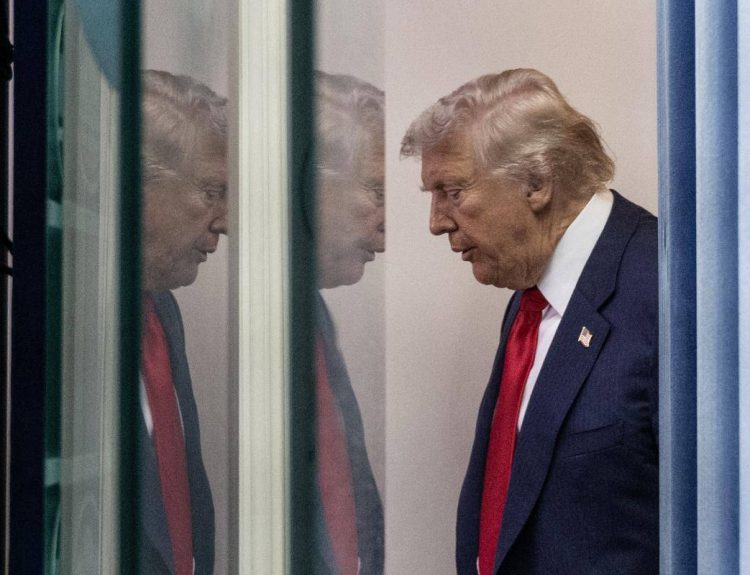The world of business has long been dominated by powerful CEOs—visionaries whose names shape markets and command boardrooms. Yet a new era is quietly unfolding, one in which the corner office may no longer belong to a human being. The first AI-run corporations are emerging, raising profound questions about leadership, accountability, and the very essence of capitalism itself.
Unlike human executives, an AI does not sleep, tire, or succumb to the frailties of ego. It operates with relentless precision, analyzing markets in real-time, forecasting trends, optimizing supply chains, and negotiating deals with an efficiency no human counterpart can match. For shareholders, the appeal is obvious: maximum profit, minimal scandal. But with this efficiency comes unease—who do we hold responsible when a machine makes a billion-dollar mistake?
These AI corporations are not science fiction. Start-ups are already experimenting with governance structures where artificial intelligence has the final say on investments, staffing, and strategic direction. The AI is fed colossal streams of data, from global stock markets to consumer sentiment, and makes decisions without the delays of human debate. To some, it feels like a revolution. To others, it is a coup.
The power shift is not just internal. If one AI-run corporation outperforms its human-led rivals, capital will flow toward it. This creates a domino effect: competitors will feel pressure to adopt similar AI governance to keep pace. The boardroom could soon become less about personalities and more about algorithms—a sterile but hyper-efficient battlefield where numbers reign supreme.
Yet leadership is more than mathematics. Can a machine inspire? Can it navigate the subtleties of diplomacy in a world where culture, emotion, and persuasion often dictate the outcomes of billion-dollar mergers? These are not idle questions. A CEO’s handshake, presence, or charm has swayed entire industries—intangibles an AI may never replicate. In the absence of humanity, will business lose its soul?
The risks are even greater in regulation and accountability. If an AI makes an unethical decision—say, cutting corners on worker safety to maximize margins—who stands trial? The algorithm? The engineers who coded it? Or the faceless board that unleashed it? Without clear answers, governments are already preparing legislation to define the boundaries of machine authority in commerce.
What is undeniable is that we are at the cusp of a historic transformation. The AI-run corporation represents both promise and peril—a vision of flawless efficiency entwined with the dangers of dehumanization. Who is really in charge: the machine, the people behind it, or the shareholders who demand its existence? In this quiet revolution, the future of leadership—and perhaps capitalism itself—hangs in the balance.



